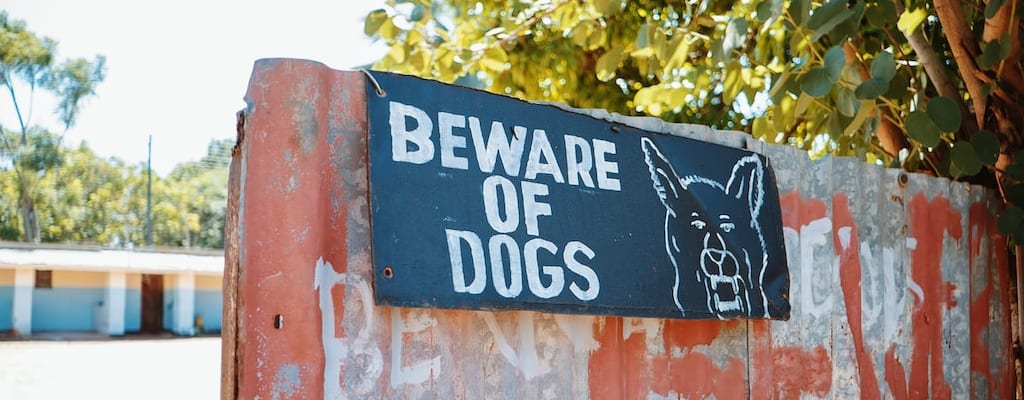powder keg: Idiom Meaning and Origin
What does ‘powder keg’ mean?
The idiom "powder keg" refers to a situation or place that is highly volatile and likely to explode or escalate into violence or chaos. It implies a lot of tension and potential danger, similar to a keg filled with gunpowder that can easily be ignited.

Idiom Explorer
The idiom "run high" refers to when emotions or tensions are intense or reaching a peak level. It describes a situation where feelings, such as anger, excitement, or anxiety, are strong and powerful.
The idiom "quench-coal" refers to a rare and outdated term used to describe a coal that cannot be easily extinguished once ignited. This idiom is rarely used and may not be familiar to most people.
The idiom "pour gasoline on the fire" means to aggravate or worsen a situation by adding more conflict or controversy.
The idiom "pour fuel on the fire" means to worsen a situation or make a problem even more intense or volatile by saying or doing something that aggravates it further.
Pop one's cork: To become extremely angry or lose control of one's temper.
The idiom "play with fire" means to engage in a dangerous or risky activity, often knowing the potential consequences but still proceeding anyway.
The idiom "Pandora's box" refers to a situation or action that may seem harmless at first but ultimately causes a lot of unforeseen trouble or complications.
Explosive Origins
An idiomatic expression that has become ingrained in the English language is "powder keg." This phrase is used to describe a situation or place that is highly volatile and likely to explode in violence or chaos. When examining the origin and meaning of this idiom, several facts become apparent.
The term "powder keg" originated from the practice of storing gunpowder in small, barrel-like containers known as kegs. Gunpowder, which is highly flammable and explosive, was a crucial component in weaponry. These kegs filled with gunpowder were kept in specialized storage areas, commonly referred to as powder kegs. The term "powder keg" later evolved into an idiomatic expression to describe any situation that possesses explosive potential.
One of the earliest recorded uses of the idiom "powder keg" can be found in The Lancashire Witches, a play written by Thomas Shadwell in 1682. In the play, the term is used metaphorically to describe a highly contentious situation in which violence seemed imminent. This usage indicates that the idiom had already gained recognition and understanding among the English-speaking population by the late 17th century.
Over time, the phrase "powder keg" became more commonly associated with geopolitical situations, particularly those prone to civil unrest or military conflict. For example, during the early 20th century, the Balkans were often referred to as a powder keg due to the intense ethnic and political tensions that eventually resulted in the outbreak of World War I.
The phrase "dynamite charge" is closely related to the idiom "powder keg." Like a powder keg, a dynamite charge refers to a highly explosive situation or event. When a dynamite charge is ignited, all hell breaks loose. The phrase "all hell breaks loose" is another idiom that signifies the eruption of chaos and violence, much like the potential outcome of a powder keg exploding.
In modern usage, "powder keg" is often employed to describe regions or situations that are on the brink of intense conflict or violence. This can include both physical confrontations and non-physical conflicts, such as political or societal turmoil. The idiom emphasizes the precarious nature of such situations, suggesting that they can erupt into chaos and destruction at any moment. When a powder keg reaches its boiling point, tensions are so high that a minor spark can set off a chain reaction of violence and destruction.
The idiom "boiling point" is related to the concept of a powder keg. Just as a powder keg is highly volatile and likely to explode, a situation reaching its boiling point is one that has become so tense and unstable that it is about to erupt in conflict or chaos. This idiom captures the sense of imminent danger and unpredictability that is associated with a powder keg.
Furthermore, a "kettle of fish" is another idiomatic expression that is related to the concept of a powder keg. A kettle of fish refers to a complicated or difficult situation. Much like a powder keg, a kettle of fish can involve various factors or parties that interact in complex and potentially explosive ways. When dealing with a kettle of fish, it is important to approach the situation with caution and navigate through the potential hazards with care.
The phrase "kindle-coal" is also related to the idiom "powder keg." To kindle-coal is to ignite or provoke someone or something. This can lead to a rapid escalation of emotions, similar to the way a spark can set off a powder keg. When individuals or groups engage in activities that kindle-coal, they run the risk of triggering a violent or explosive response.
While the idiom "powder keg" has a long-standing history, its continued relevance speaks to the enduring nature of volatile situations. The usage of this expression serves as a warning and reminder of the latent dangers that can be present in certain environments. It also highlights the unpredictability of human behavior and the potential for explosive confrontations.
The idiom "powder keg" has emerged as a powerful metaphor for describing situations or places with the capacity for sudden and violent eruptions. Its origins in gunpowder storage and its subsequent adoption as a metaphorical expression have solidified its place within the English language. As long as there are conflicts and tensions in the world, the idiom "powder keg" will continue to encapsulate the volatile and potentially explosive nature of these situations.
Example usage
Examples of how the idiom *powder keg* can be used in a sentence:
- The ongoing political tensions in the region have turned it into a powder keg, ready to explode at any moment.
- The dispute over the natural resources has ignited the powder keg of international conflict.
- His reckless behavior at the party could have easily set off a powder keg of anger among the guests.
More "Danger" idioms


